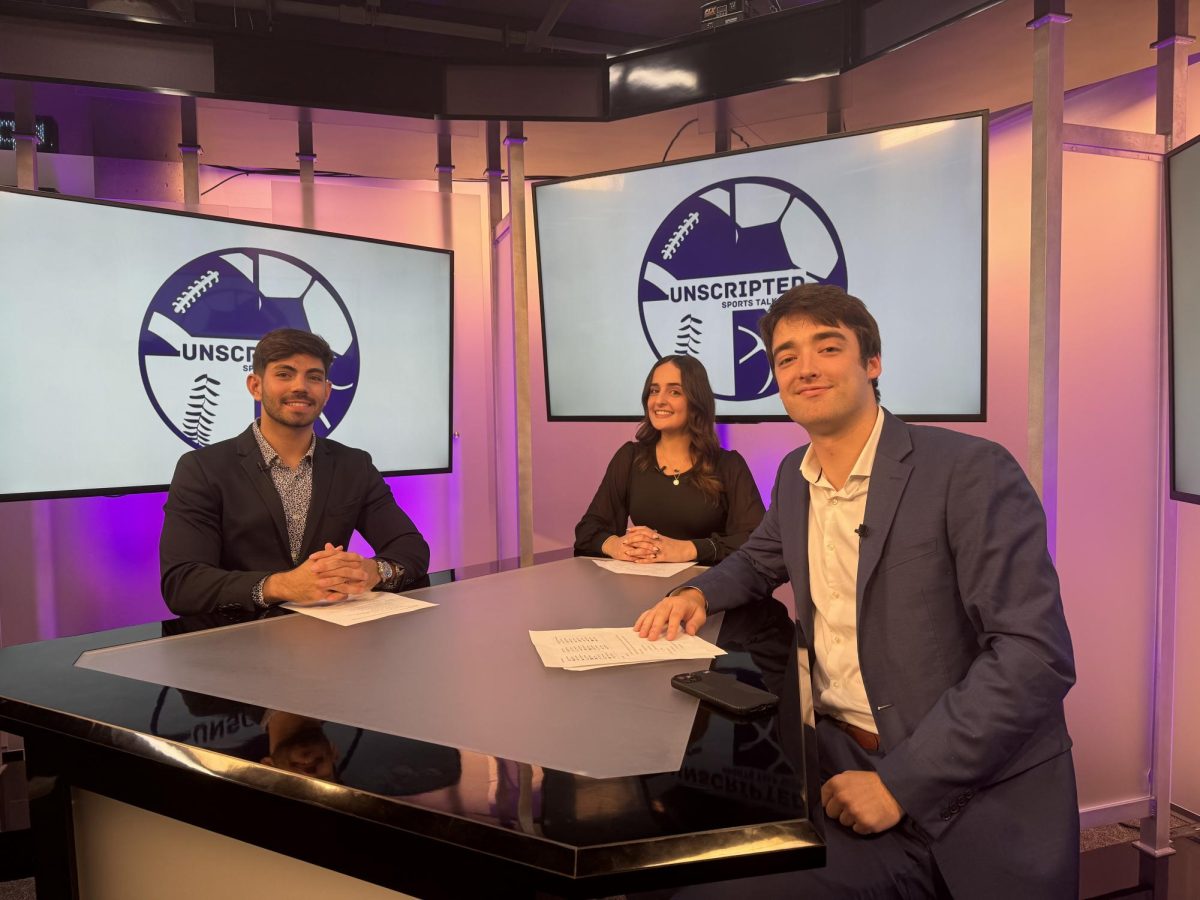With the 10-year anniversary of 9/11 looming, the nation has had to reorganize its security measures in the air. Airplane security has seen several changes over the past 10 years, and the TCU campus reflected on the past years of airline protection and how it is still evolving.
Although the attacks took place while many current students were in grade school, frequent fliers still remembered early post-9/11 security practices.
Alyson Klingensmith, a senior communication studies and speech pathology double major, said on estimate she flew back and forth to her hometown, Houston, at least once or twice a month. She also flew three to five times a year for domestic and international vacations.
Klingensmith said she remembered traveling after the Sept. 11 attacks. Right after 9/11, there was a large military presence, extensive pat downs and lots of security check points, she said. Klingensmith said she remembered how the post-9/11 security created quite a bit of hassle and inconvenience.
Klingensmith said that as the years have passed the security for domestic flights has become “pretty lax.” The removal of laptops, iPads, jackets and shoes has just become a normal part of travel. However, she said she still noticed strict security on international flights.
Though several security precautions are in place, students’ opinions of airline security are fairly content.
Ratheany Sengheu, a junior sociology major, said airline security is “not as bad as everyone thinks it is.”
She said removing shoes and jackets can be a pain at times, but overall TSA regulations are “moderate and necessary.”
Though TSA regulations are enforced, both Klingensmith and Sengheu agreed that at times security can be flexible and let some things slide. Klingensmith said even though lighters were not allowed on planes, she managed to always get one through.
Sengheu also said at times she has had tweezers and other cosmetics in her carry-on bag. Instead of being hassled, she said they moved her along. Had that happened recently after 9/11, Sengheu said it would have been doubtful that the little things would have gone unnoticed.
The wait time for security checks has also decreased.
According to USA Insurance’s website, in 2001 it was important to “arrive at the airport well in advance of your flight so that long lines at the security checkpoint [would not] stress you out and hold you back even more than they have to.”
Sengheu said these days she feels comfortable being at the airport an hour and a half before her flight time. That time would have been doubled if it were 10 years ago, Sengheu said.
Shaq Mack, a sophomore criminal justice major, said he flew for the first time in 2010. He said the security process was fairly “chill” with limited time consumption and minimal hassle.
Mack said he did not go through various checkpoints or military pat downs that were present post-9/11. He said he had to remove his shoes, belts and jewelry, but it was not a problem.
The mission statement of the Transportation Security Administration is to “[protect] the Nation’s transportation systems to ensure freedom of movement for people and commerce.”
USA Insurance’s website said the intention of these precautions was to protect the people, even at the expense of passenger discomfort.



